Yippee!!!! You registered for a wonderful trek and now the excitement keeps building. You have researched a bit, and seen marvelous spectacles of the mighty mountains. You have definitely thought about which pictures will fill your Instagram and FB updates. All your friends and family know about the endeavored adventure, and they boost you up as well. Not only that but when the trek leader briefs day wise itinerary on the first day, you have already completed the trek mentally. Little does it strike, there might be a possibility that you might not reach the summit.
.webp)
We have always been told to think positively. Of course, we like to do that, but we should also be prepared for the worst. Everybody hopes and plans such that the trek is complete. In reality, nature executes the planned trek for us. There are many things that happen on the spot which no one can predict, probably that is the reason why trekking is thrilling.
In spite of knowing this fact, we observe that many trekkers are not ready to obey it. We as a best trekking company only aim at the safety of our trekkers. As Ed Viesturs has said, "First is safety, second is fun, last is the summit." We follow the same principle and train our trek leaders accordingly. On the difficult trek routes, if our trek leaders think that it is unsafe or the trekker is not well, we strictly do not proceed further. Trekkers forget that our staff is experienced, and skilled they can overcome the difficulty but what about the trekkers? We keep them first and then take a decision for their safety only.
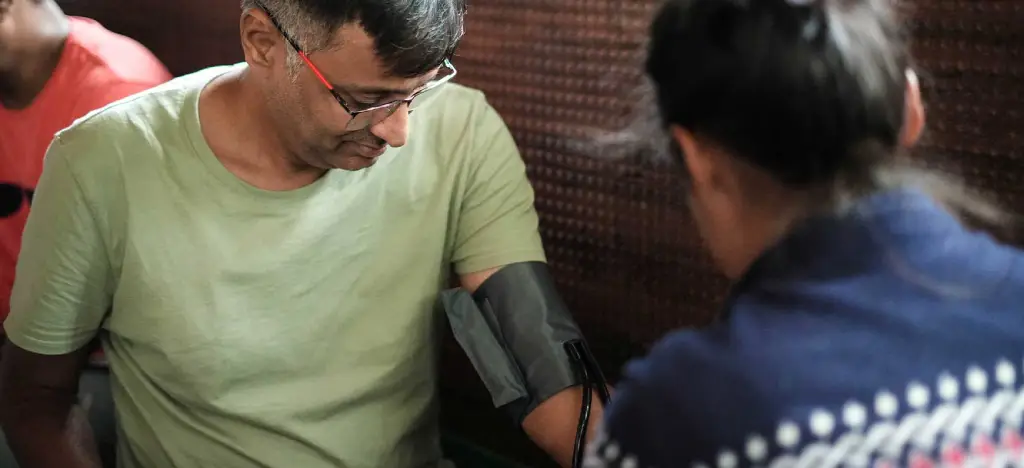
In a situation where a trekker is asked to return due to unstable health conditions. Trekkers never agree immediately. They are not ready to accept that a temporary fault, might take their lives or somebody else's in pursuit of saving them. We expect trekkers to themselves analyze their well-being and support us.
I have done Mountaineering courses and am aware of all the aspects. Severe cases occur when trekkers continue going with sickness or low oxygen levels during the trek. Unfortunately, I encountered this on my very first trek. Being the first Himalayan trek, I was high on energy, aloof from the issues of being in the mountains. When we were on our trail to Lamuney, there were other trekking company members discussing an incident. Our trek leader asked us to ignore it. After we completed our trek, our trek leader informed us, saying, "That day, one man from other trekking agency was rescued. We did not inform you all because next was your summit day and we wanted all to be tension-free and enjoy." He then told us that, the trekker was having fever and headache, but he lied and kept moving until Lamuney when his condition deteriorated. From there he was immediately taken down by a porter. On the way to Tshoka camp, he got seriously ill. Then he was evacuated on a stretcher. Later we heard about his team, they got disordered as a few staff members had to go to carry him. His fellow members were devastated. Then began the discussions of what went wrong, whose mistake it was etc. That was an eye-opener for me, I thanked God for keeping me safe. I wondered, was summit more important to that person than life? Even after various instructions why did he take life lightly? Lamuney is the summit camp of the Goechala trek. One could easily say, just another day of tolerance of fever, then I can go down and rest. In the fire of the summit, we tend to neglect nature and our body physics. Even a mild weakness takes infinity to recover at a high altitude. In that state going up is like a suicide. I am sure even Rajnikanth would come down in such a situation! This one incident, rather one ignorance had a big negative impact throughout. The agency was blamed, trekking as an activity was blamed!
I have interacted with trek leaders who always face arguments over Money vs Life. This happens usually for Stok Kangri and Chadar Trek, which are prone to extremely low temperatures, and anybody's health gets affected. When requested to go back, trekkers try to portray that their money and time are invested in the trek. Returning is like a big loss. They fail to realize that LIFE is the most valuable return. When all the trek members descend fit and fine we take a sigh of relief. Even if the trekkers could not reach the summit or return from base camp itself, it a successful trek for us.
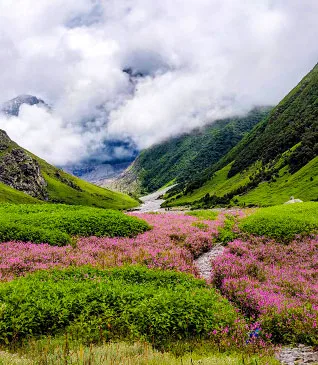
.webp)
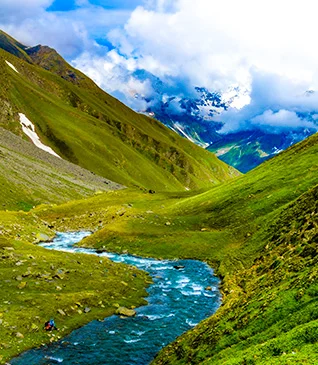
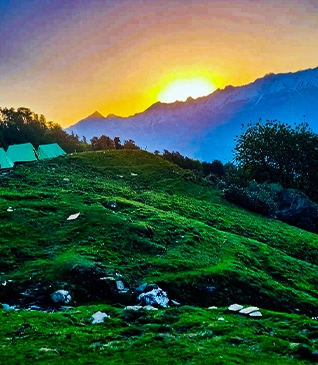
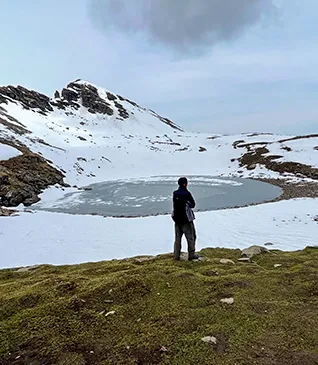
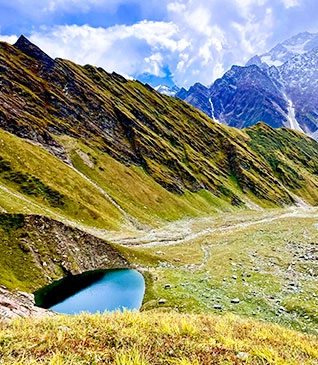
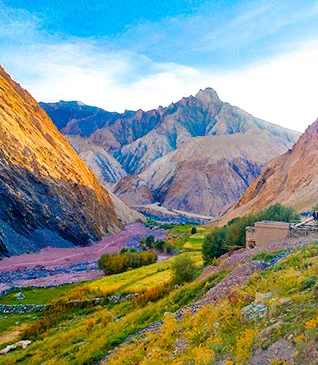
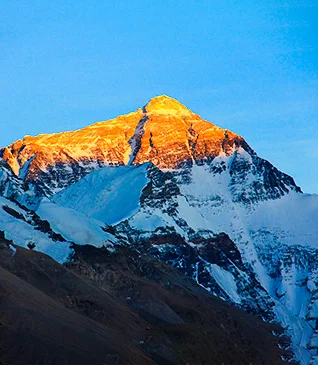
.webp)
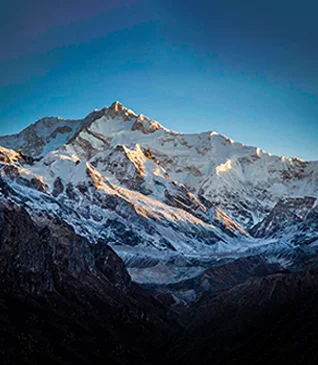
.webp)
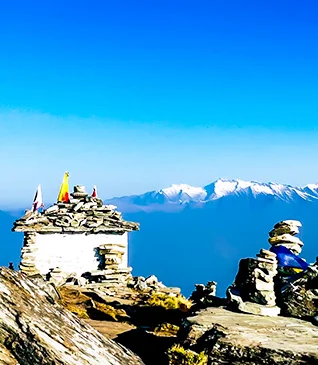
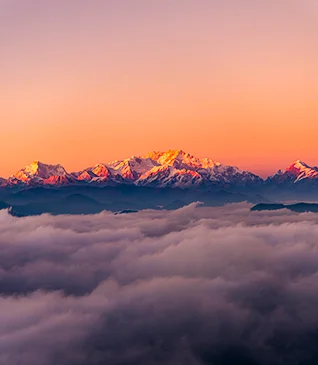
.webp)
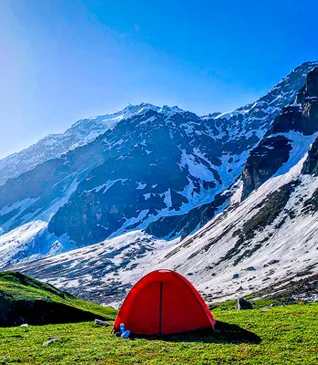
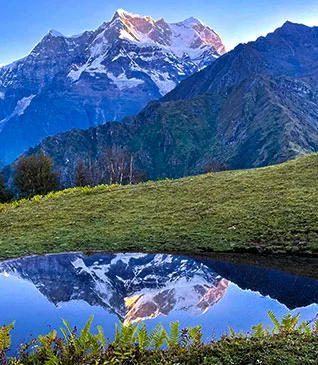
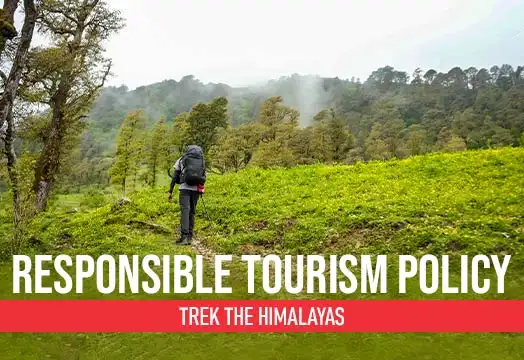

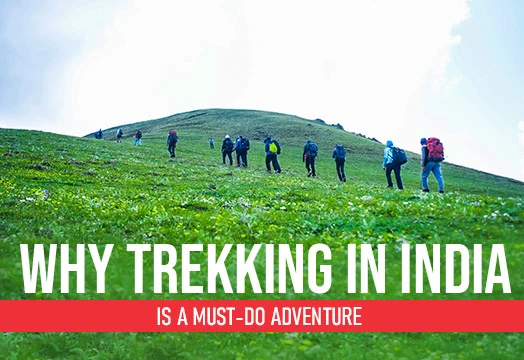



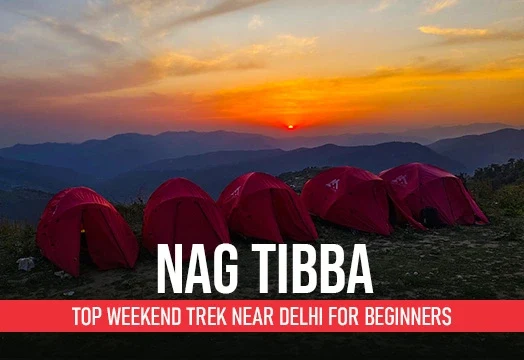
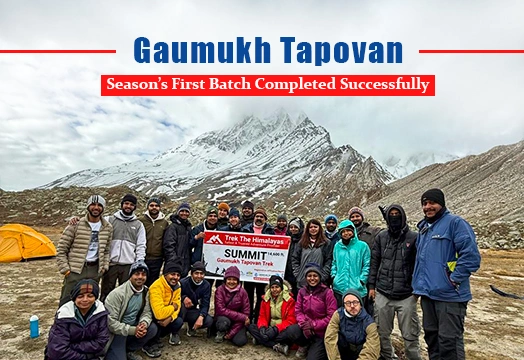

.webp)
